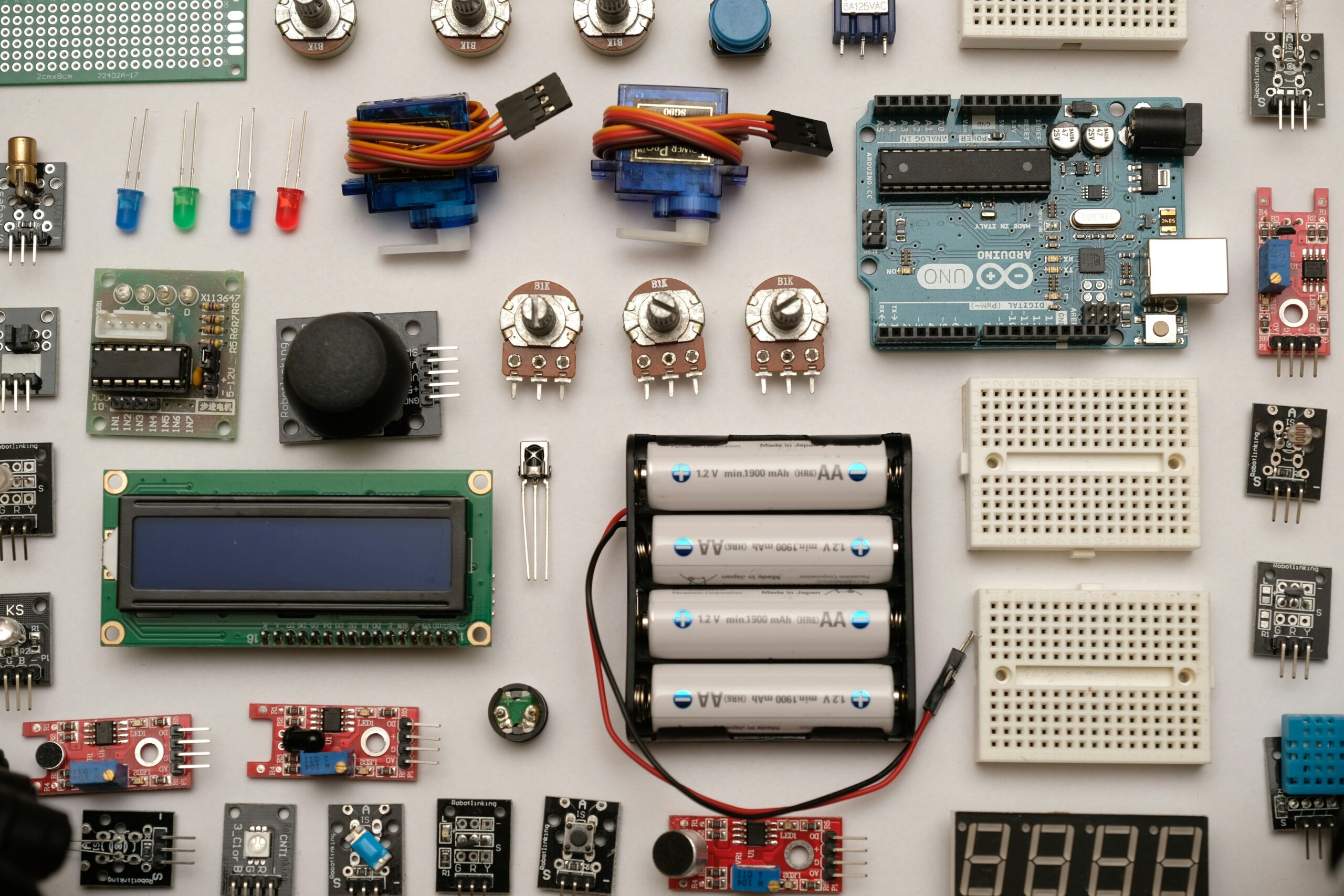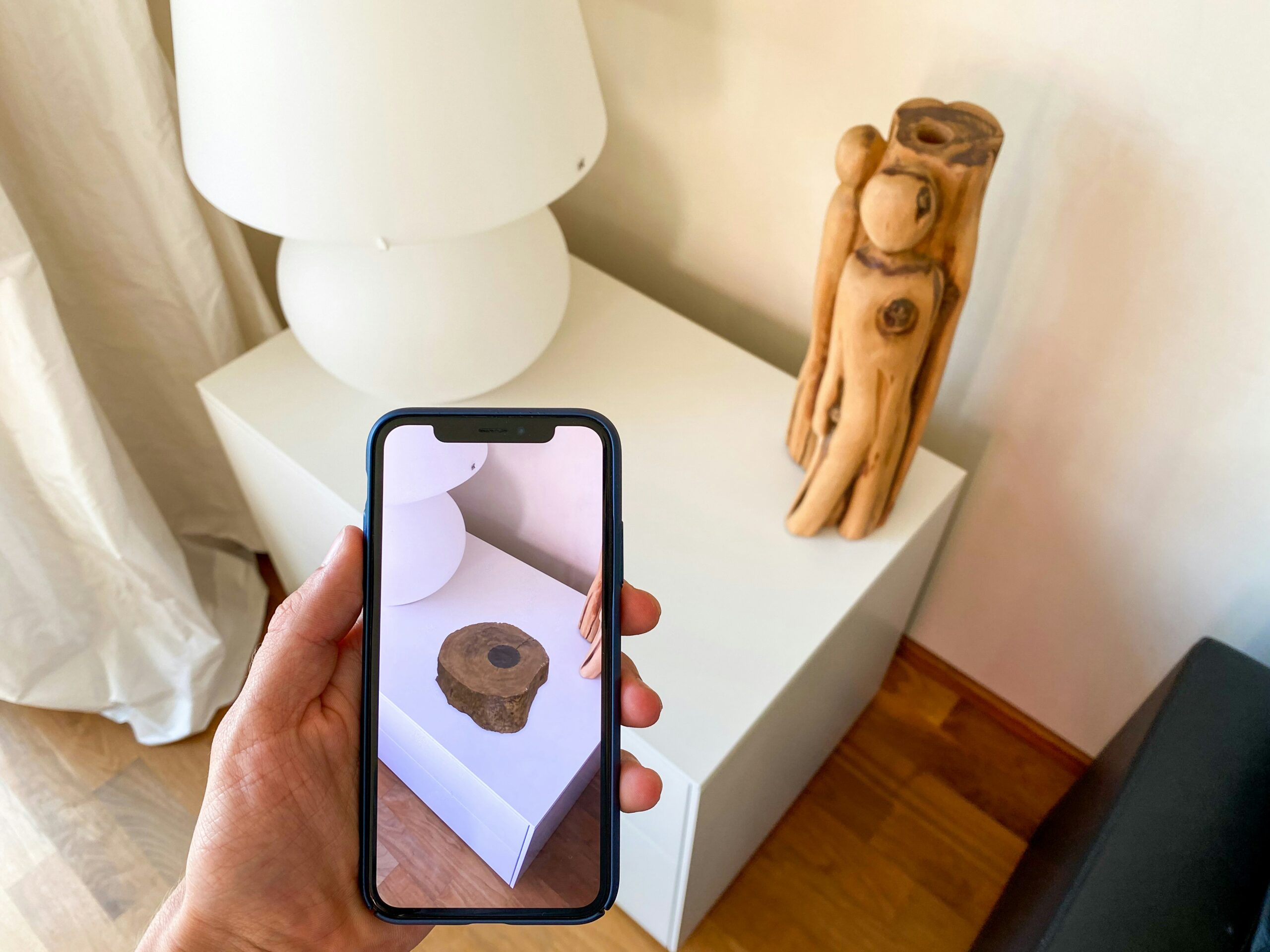
Photo by <a href="https://unsplash.com/@nahakiole" rel="nofollow">Robin Glauser</a> on <a href="https://unsplash.com/?utm_source=hostinger&utm_medium=referral" rel="nofollow">Unsplash</a>
The Internet of Things, commonly referred to as IoT, is a revolutionary concept that has the potential to transform the way we live and work. It is a network of interconnected devices, vehicles, and appliances that communicate and exchange data with each other over the internet.
The IoT is all about creating smarter, connected environments that enhance our everyday lives. From smart homes and cities to connected cars and wearable devices, the possibilities are endless. This technology has the potential to revolutionize various industries, including healthcare, transportation, and agriculture.
How Does IoT Work?
At the heart of the IoT are sensors and actuators. Sensors collect data from the environment, while actuators perform actions based on that data. These devices are connected to the internet, allowing them to communicate with each other and exchange information.
For example, in a smart home, sensors can detect motion, temperature, and light levels. Based on this data, the system can adjust the thermostat, turn on the lights, or even lock the doors. Similarly, in a smart city, sensors can monitor traffic flow, air quality, and waste management, enabling efficient resource allocation and improved quality of life.
The Benefits of IoT
The IoT offers numerous benefits that can improve our lives in many ways:
1. Increased Efficiency
By connecting devices and collecting data, the IoT enables businesses to optimize their operations and improve efficiency. For example, in manufacturing, IoT devices can monitor equipment performance and predict maintenance needs, reducing downtime and increasing productivity.
2. Enhanced Safety and Security
IoT devices can enhance safety and security by monitoring and alerting us to potential risks. For instance, in healthcare, wearable devices can track vital signs and alert medical professionals in case of emergencies. In homes, smart security systems can detect intruders and send notifications to homeowners and authorities.
3. Improved Quality of Life
The IoT has the potential to improve our quality of life by making our environments more comfortable and convenient. Smart homes, for example, can automate tasks such as adjusting the temperature, turning on appliances, and even ordering groceries. This technology can also assist the elderly and people with disabilities, enabling them to live independently.
Challenges and Concerns
While the IoT offers tremendous potential, it also presents some challenges and concerns:
1. Privacy and Security
With the increasing number of connected devices, the risk of data breaches and privacy violations becomes a major concern. It is crucial to implement robust security measures to protect sensitive information and ensure user privacy.
2. Interoperability
As the IoT ecosystem grows, interoperability becomes a challenge. Different devices and platforms need to communicate seamlessly for the IoT to reach its full potential. The development of standardized protocols and frameworks is essential to overcome this obstacle.
3. Scalability
As more devices join the IoT network, scalability becomes a significant challenge. The infrastructure needs to handle the increasing volume of data and devices efficiently. This requires robust network architecture and data management systems.
The Future of IoT
The IoT is still in its early stages, but its potential is immense. As technology continues to advance, we can expect to see even more innovative applications of the IoT. From smart cities that optimize energy consumption to connected healthcare systems that improve patient outcomes, the possibilities are endless.
However, to fully realize the benefits of the IoT, it is crucial to address the challenges and concerns associated with this technology. Collaboration between industry stakeholders, policymakers, and consumers is essential to ensure the responsible and secure deployment of IoT solutions.
In conclusion, the Internet of Things has the potential to revolutionize the way we live and work. By creating smarter, connected environments, we can enhance efficiency, safety, and quality of life. However, it is crucial to address the challenges and concerns associated with this technology to unlock its full potential.

